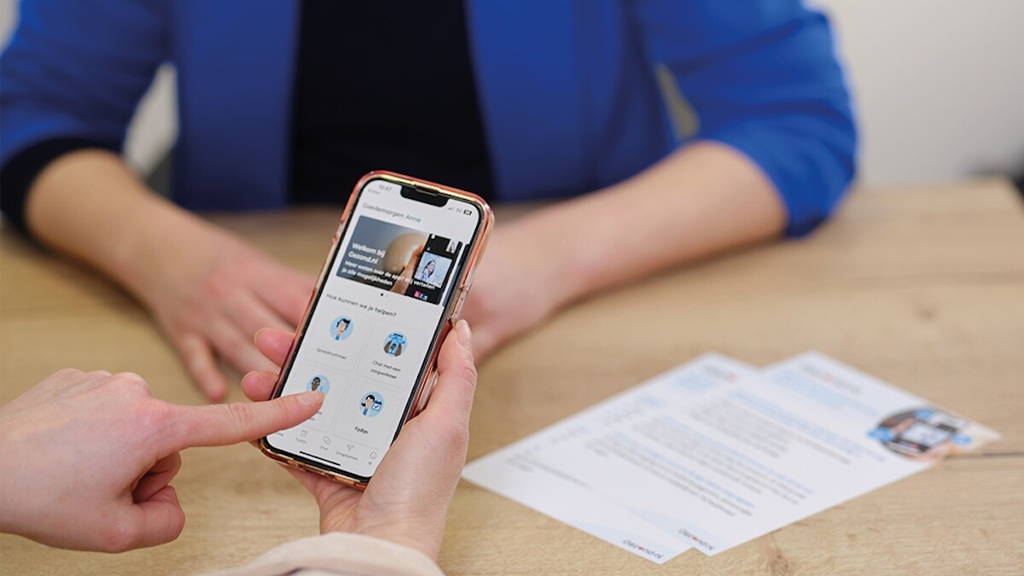The ever-growing demand for care and the shortage of staff in the healthcare sector means that GPs who run a full-time physical general practice are increasingly facing stress and burn-out complaints. Innovating and transforming is therefore a must if GP care is to remain accessible and affordable in the future.
The growing daily flow of patients, the administrative burden and the need to be constantly available have been causing rising absenteeism among GPs for years. This is also evident from the recent doctoral research of general practitioner Nico Verhoef. “The subject is socially very relevant,” the general practitioner said. In his dissertation, Verhoef points to the increasing rate of absenteeism among family physicians. That rate rose from 3.2 percent to 5.6 percent between 2010 and 2020. “Part of that is due to burnouts. The traditional model is under pressure, and there is a need for innovation to make the profession more attractive and sustainable.”
Hybrid model of care
Developments such as offering digital and hybrid care, including remote care, are proven solutions that can contribute to this. The largest primary care organization in the Netherlands, Arts en Zorg Groep sees significant growth in the number of GPs opting for a hybrid working model. GPs can use the Gezond.nl platform to make their contribution to Dutch primary care. Among other things, this can also be done from home or abroad. Thanks to this hybrid care model, physicians experience an improved work-life balance.
Gezond.nl was launched in the Netherlands in 2023 after the platform and app had already proven their worth in Finland. In the first year, as many as three-quarters (75%) of the care requests by GPs were handled via chat. This led to 40 percent fewer patienst physically attending consultation hours and thus more time for the patient.
“We want GPs to know that they don't have to choose between their professional dedication and their personal life. By deploying technology, they can combine both and still make an essential contribution to the Dutch healthcare system, even if they choose to live elsewhere,” says Amon van den Borg, CEO of Arts and Care Group. He urges GPs to explore the possibilities of hybrid and remote working.
GPs with young children
GPs who opt for the hybrid care model no longer need to be present at the practice five days a week. This can be a solution, for example, for GPs with young, school-age children. They can work from home whenever it is convenient for their private lives. Using the Gezond.nl app, they can answer patient care questions directly via chat. This gives these GPs the flexibility to combine their professional responsibilities with their family life, without compromising the quality of care.
Working through the Gezond.nl platform and app can even be done from abroad. Until recently, when an experienced Dutch GP decides to move to Spain, it meant leaving the practice and the Dutch healthcare system. Through the hybrid platform's chat and video capabilities, however, the doctor can now make diagnoses, give advice and, if necessary, arrange referrals, even from Spain.
Positive feedback
Gezond.nl's hybrid form of care has already received a lot of positive feedback. The recent inspection report by the Health and Youth Inspectorate underlines the quality and safety of this approach. “This recognition confirms that digital and hybrid care is not only feasible, but also offers an effective and reliable way to make care more accessible and less burdensome,” said Sanne van Duin, director of Gezond.nl.






